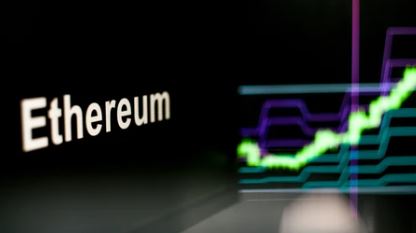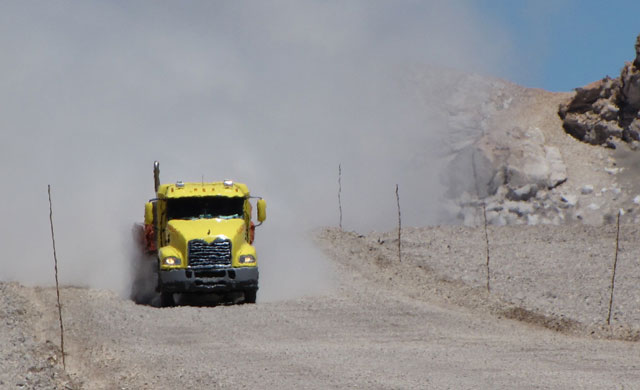I’ve bought Daejan (LSE:DJAN) for my modified price earnings ratio portfolio. It has two outstanding virtues. First its shares, at my buying price of £52.90, are merely seven times earnings per share when EPS is averaged over the last decade. Second, its net assets are worth £120 per share, thus it stands on a discount to net assets of 56% (no, it does not have high borrowing). Daejan holds residential blocks and commercial property in London, New York and elsewhere in the UK and USA, and rents them out. Occasionally there are opportunites to develop properties to enhance value, e.g. it holds a block on Oxford Street which it is going to redevelop soon.
Mr Market seems convinced that there will be a recession in the UK and USA of such ferocity that rents are going to fall dramatically and property market values halve.
Well, maybe. In the early 1990s recession – which was pretty nasty – Daejan’s portfolio valuation fell by no more than 10%.
And in the aftermath of the 2000 bust Daejan’s NAV did not fall. There was a decline between 2008 and 2009 amounting to 16%, but by 2012 NAV per share was back up to £55.46. Since then it has more than doubled.
I’m grateful to Maynard Paton for his excellent analysis of Daejan and the NAV chart shown below (see https://maynardpaton.com/tag/daejan/).

Earnings and dividends history
Earnings for Daejan comes from three sources:
- Rent paid after deduction of expenses of running and maintaining the properties
- Profit on disposal of investment property (this is mostly the sale of lease extensions, e.g. a leaseholder with say 30 years to run pays Daejan to extend to 99 years)
- Net valuation gains (sometimes losses). The property portfolio is revalued each year and gains or losses over 12 months flow through the P&L
| March yearend | Profit after tax, £m | Earnings per share, £ | Dividends per share, £ | |||
| 2019 | 120 | 7.36 | 1.06 |
………………To read more subscribe to my premium newsletter Deep Value Shares – click here http://newsletters.advfn.com/deepvalueshares/subscribe-1

 Hot Features
Hot Features












